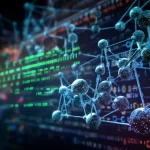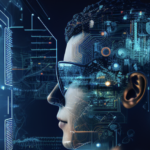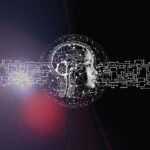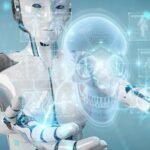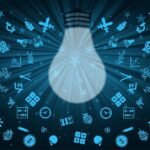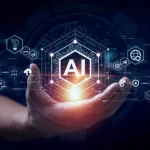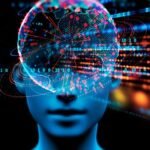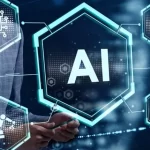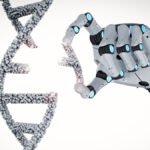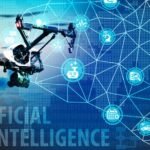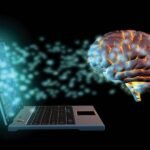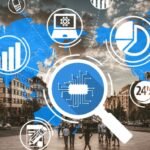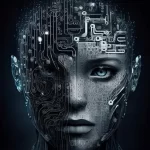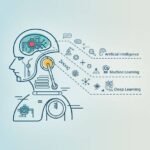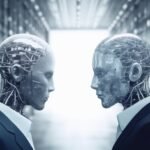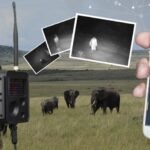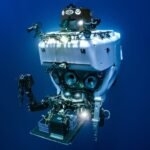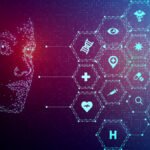Building new skills for existing employees top talent issue amid gen AI boom: Report
A recent study conducted by IBM unveils that amidst the increasing integration of generative artificial intelligence (AI) in business operations, the foremost talent concern for enterprises revolves around cultivating new skills among existing employees.
The study underscores that despite AI’s growing presence in the corporate landscape, human resources remain a central competitive advantage. However, business leaders are confronted with a range of talent-related challenges.
Globally, it’s projected that as a consequence of AI and automation implementation over the next three years, around 1.4 billion out of 3.4 billion individuals in the workforce will need to reskill. This figure amounts to nearly 40% of the total workforce, as outlined in the IBM report.
The study draws from two primary investigations: a survey encompassing 3,000 C-level executives from 28 countries and a broader study involving 21,000 workers across 22 nations.
Notably, the report reveals that AI has the potential to enrich job opportunities by enhancing employee skills. Strikingly, 87% of surveyed executives believe that generative AI will lead to augmentation, rather than substitution, of employee roles. These perceptions differ based on job roles—97% of executives anticipate augmentation for procurement employees, compared to 93% for risk, compliance, and finance roles, 77% for customer service, and 73% for marketing positions.
Interestingly, the surveyed employees prioritize meaningful tasks over flexibility and personal development opportunities, which doesn’t always align with management perspectives. As AI becomes increasingly capable of handling routine tasks, workers emphasize the significance of engaging in meaningful work, even surpassing factors like flexible scheduling, potential career advancement, and equitable treatment. Additionally, almost half of the surveyed employees believe that the nature of their tasks holds more importance than their specific employer or regular collaborators.
The employment landscape has undergone substantial shifts, even compared to just a few months ago. Business executives are recognizing that future business demands might necessitate distinct skills compared to those prevalent in the past. In this evolving context, Human Resources (HR) leaders are poised to play a pivotal role in helping companies adapt to the changes fueled by generative AI. These leaders can reshape work structures, invest in both talent and technology, prepare the workforce for AI-related disruptions, prioritize skills in the workforce strategy, and enhance job significance by empowering employees to take the reins, as recommended by the report.
Generative AI is anticipated to reshape the work landscape in various ways. A report from Goldman Sachs highlighted that tools like gen AI and large language models (LLMs) could potentially jeopardize around 300 million full-time jobs. Concurrently, a McKinsey report emphasized that gen AI has the potential to significantly enhance workforce efficiency across sectors. However, achieving this outcome will necessitate investments aimed at supporting employees as they transition between tasks or embark on career changes.





